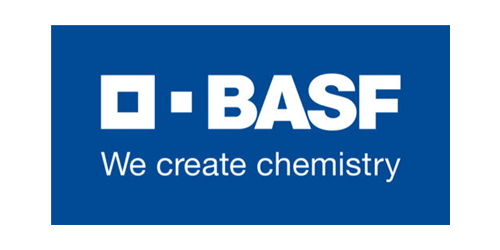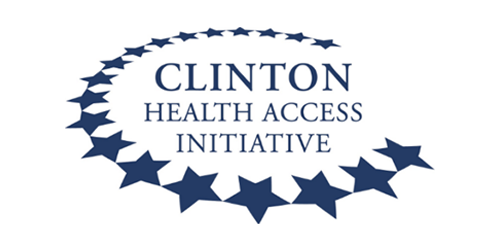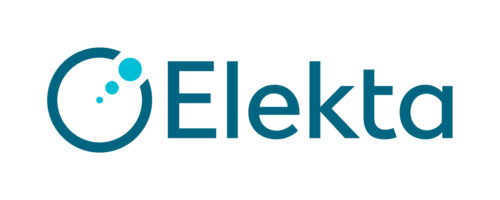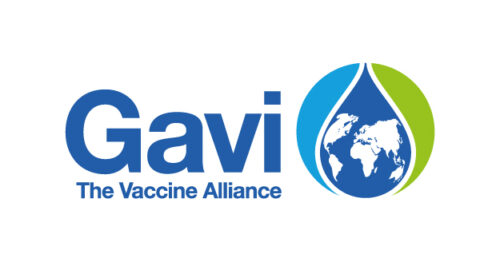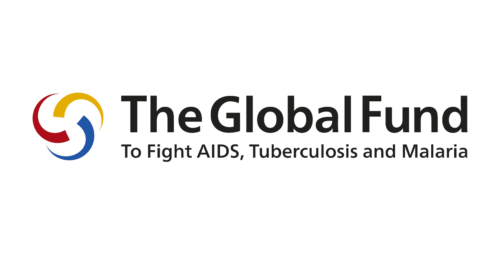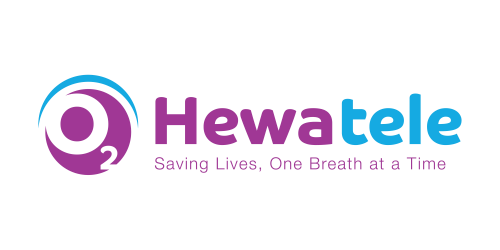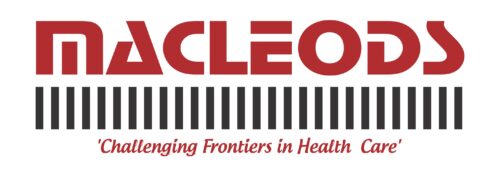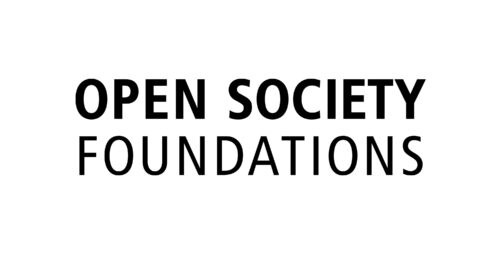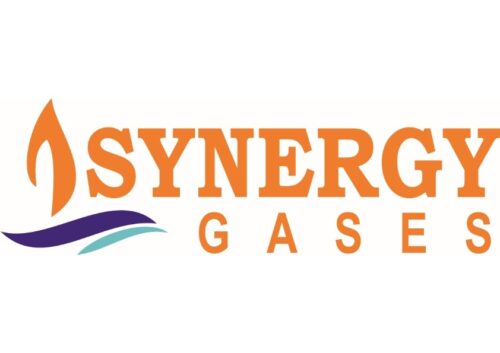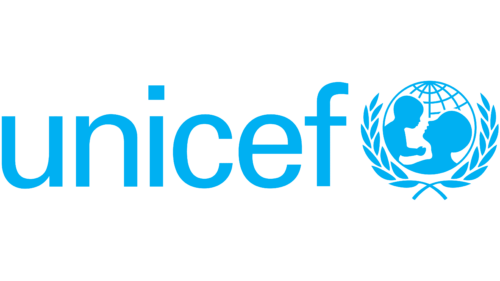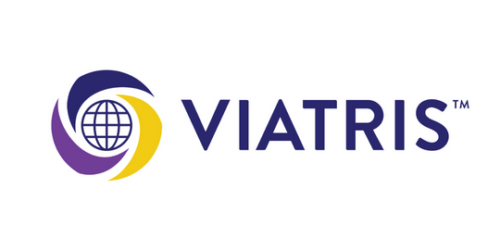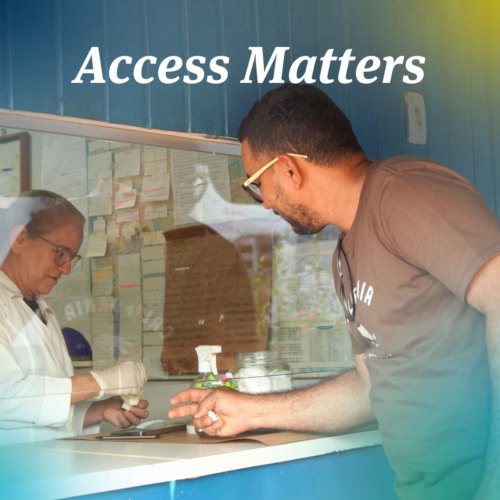Vitamin A for edible oil fortification
Vitamin A deficiency has particularly adverse consequences for women of reproductive age and children. It can lead to blindness, impaired growth and increased severity of infectious diseases.
MedAccess has provided a volume guarantee to dsm-firmenich to provide stable pricing and sustainable supply of vitamin A for edible oil millers, ensuring greater access to fortified cooking oil.
Our
partners
The challenge
Public health
Vitamin A deficiency affects approximately 500 million people globally, mainly in Africa and Asia. It is particularly prevalent in low- and middle-income countries (LMICs) due to food insecurity and limited dietary diversity.
A deficiency in vitamin A has particularly adverse consequences for women of reproductive age and children, leading to blindness, impaired growth, and increased severity of infectious diseases.
In children, vitamin A deficiency significantly increases the risk of illness and death from common infections such as diarrhoea and measles. It is also the leading preventable cause of blindness. In women of reproductive age, vitamin A deficiency increases the risk of maternal night blindness, infection, and other adverse outcomes during pregnancy and lactation.
Market situation
The vitamin A market frequently sees severe price volatility and supply insecurity due to market disruptions.
Although fortification with vitamin A is mandatory in many countries, edible oil millers often face significant challenges to fortify their products when the price of vitamin A increases or supplies become scarce. This makes it difficult for millers to plan ahead, procure consistently, and fortify oil in adequate volumes.
This first-of-its-kind partnership supports predictable vitamin A prices in an important market where fortified food is a big contributor to ensuring people benefit from vitamin A.
The product
Vitamin A is essential for the functioning of the immune system and healthy growth of children. People can become deficient in the vitamin due to a limited diet.
Food fortification involves adding safe levels of micronutrients such as vitamin A to commonly consumed foods such as cooking oil, to increase their nutrient content. Edible oil millers blend vitamin A into the oil during production. Consumers benefit from the fortified oil in their daily cooking.
The fortification of edible oil with vitamin A is mandated in several LMICs. Supporting edible oil millers to access vitamin A at affordable, predictable prices can support compliance efforts.
The partnership
MedAccess has partnered with dsm-firmenich to provide stable pricing and sustainable supply of vitamin A, ensuring a more affordable and transparent price for edible oil millers in LMICs. This initiative will significantly increase the amount of fortified oil available, therefore improving public health outcomes.
dsm-firmenich will not exceed ceiling prices of $59 per kg (ex-works) for vitamin A and $43.30 per kg (ex-works) for a vitamin A and D3 blend when sold to edible oil millers for fortification in low- and middle-income countries (LMICs).
To enable dsm-firmenich to offer these ceiling prices, MedAccess has provided a volume guarantee, covering any shortfall in agreed sales.
Impact projections
Our guarantee will contribute to stabilised prices and sustained supply of vitamin A, to support the continued fortification of edible oil.
By stabilising prices, this guarantee will address historical price volatility, improving visibility and supply security for edible oil millers, and support longer-term planning and forecasting to ensure adequate fortification.
Using evidence from supplementation trials to approximate the potential benefits of fortification, we project that improved access to oil fortified with vitamin A can contribute to:
- 1.21 million cases of vitamin A deficiency addressed in children under five
- 1.14 million cases of anaemia addressed in children under five.
How we calculate the impact of this agreement
Lives changed
Evidence for the benefits of food fortification is limited due to the complexities of controlled nutrition monitoring. Vitamin A supplementation clinical trials were used as a proxy to estimate the benefit of daily, continued consumption of fortified oil. Estimates for cases of vitamin A deficiency addressed were based on a meta-analysis by Imdad et al.
Money saved
Impact is based on comparing the negotiated price to the historical median market price.
Markets shaped
We work with partners, including donors and procurers to track changes in health markets where our investments are supporting access to products. We monitor for changes to policy, procurement practices and supplier movement, all of which affect markets and contribute to the long-term sustainability of impact.
Sustainable Development Goals (SDGs)
SDG 17
SDG 3
3.3
By 2030, end the epidemics of AIDS, tuberculosis, malaria and neglected tropical diseases and combat hepatitis, water-borne diseases and other communicable diseases
3.8
Achieve universal health coverage, including financial risk protection, access to quality essential health-care services and access to safe, effective, quality and affordable essential medicines and vaccines for all
3.b
Support the research and development of vaccines and medicines for the communicable and non-communicable diseases that primarily affect developing countries, provide access to affordable essential medicines and vaccines, in accordance with the Doha Declaration on the TRIPS Agreement and Public Health, which affirms the right of developing countries to use to the full the provisions in the Agreement on Trade-Related Aspects of Intellectual Property Rights regarding flexibilities to protect public health, and, in particular, provide access to medicines for all
SDG 10
10a
Implement the principle of special and differential treatment for developing countries, in particular least developed countries, in accordance with World Trade Organization agreements
SDG 17
17.6
Enhance North-South, South-South and triangular regional and international cooperation on and access to science, technology and innovation and enhance knowledge sharing on mutually agreed terms, including through improved coordination among existing mechanisms, in particular at the United Nations level, and through a global technology facilitation mechanism
17.7
Promote the development, transfer, dissemination and diffusion of environmentally sound technologies to developing countries on favourable terms, including on concessional and preferential terms, as mutually agreed
17.10
Promote a universal, rules-based, open, non-discriminatory and equitable multilateral trading system under the World Trade Organization, including through the conclusion of negotiations under its Doha Development Agenda
17.17
Encourage and promote effective public, public-private and civil society partnerships, building on the experience and resourcing strategies of partnerships
Discover more about this partnership
Key contacts
If you would like more information about this agreement, please reach out to our key contacts.






